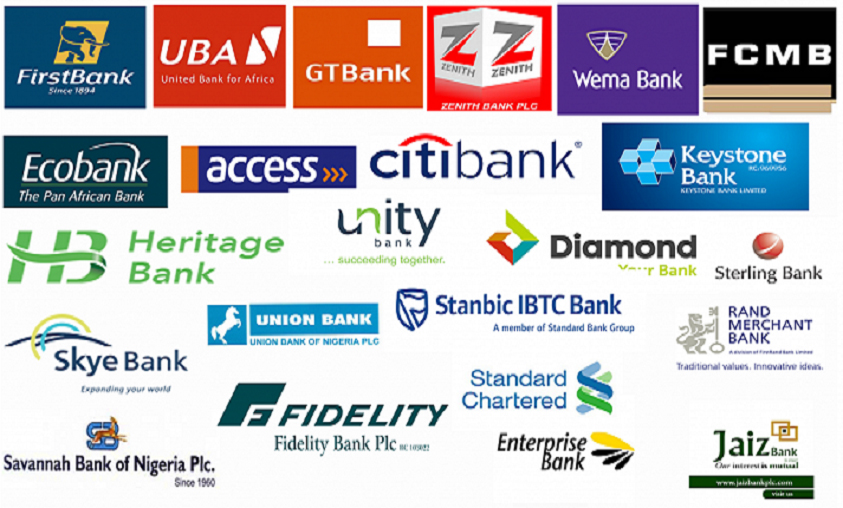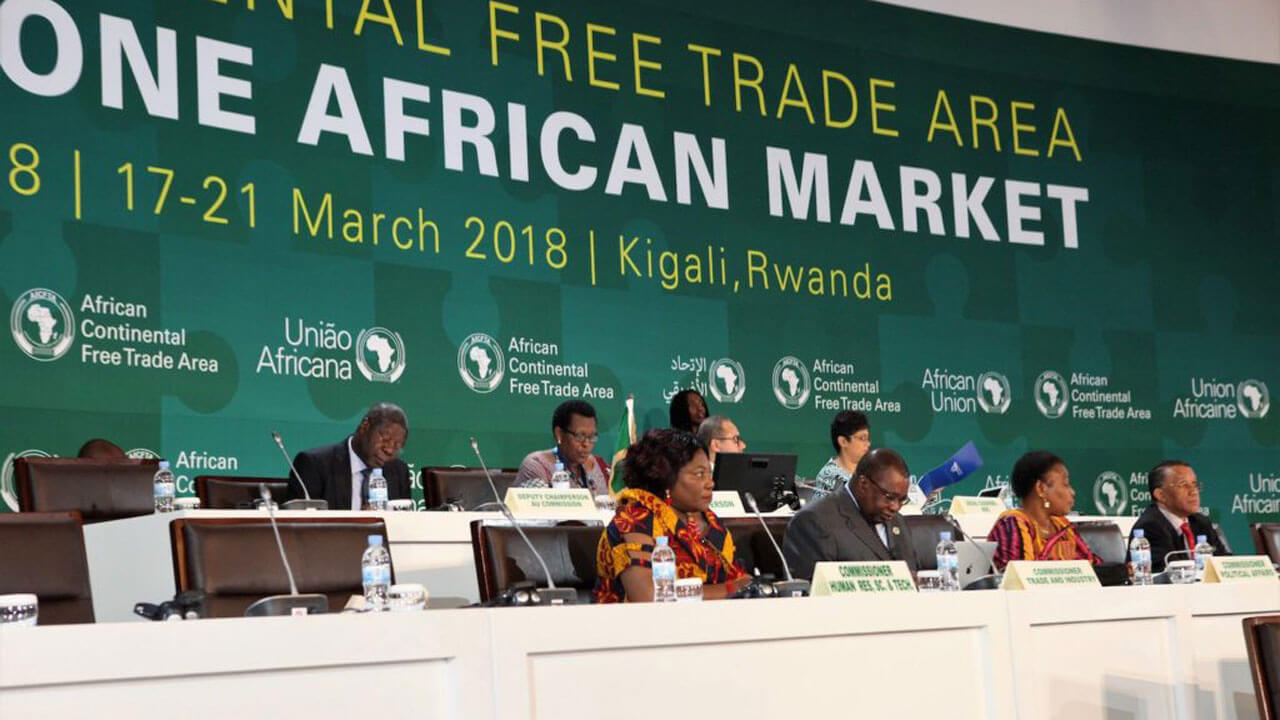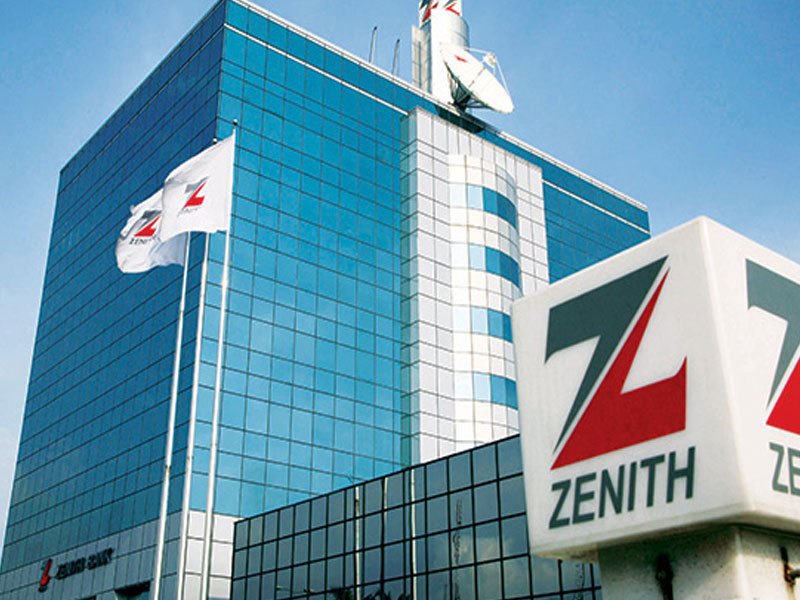NCA: How Etisalat’s operating licence can be transferred to banks’ on further default
Barring further collapse of Etisalat’s $1.2bn syndicated loan repayment negotiations this week, legal experts have smoked out a possibility from the extant Nigerian Communications Act (NCA), showing that even though issuance of a mobile telephone license is personal to the licensee and not transferable to a third party, it can be transferred to the third party on the written approval of the Nigerian Communications Commission (NCC).
However, another hurdle for the rampaging banks that are desirous of recovering their money so as to shore up their books is whether the consortium can as it were; meet the terms and conditions for managing the said licence.
A telecoms expert, who spoke to Business Hilights on the matter, said “First of all, money or deep pocket is not enough to own a mobile telecoms licence in Nigeria”.
“To secure a telecoms licence from NCC, you need to show competency and expertise in running a telecoms outfit which none of the banks currently had, unless they will float a special purpose vehicle (SPV) for that as soon as possible.
Continuing, he said “However, for the fact that the banks have at various times made it clear that they have no intention of taking over the company for the sake of running it, I think there is a huge challenge in the matter when you talk about hostile acquisition”.
“The Act is very clear on operational terms and conditions favouring ownership of running licence of a telecoms company of that size,” the industry expert submitted.
Our correspondent gathered during the public holidays that a make or mar final discussion will begin from today between the banks and the company and issues are expected to be based on recent happenstances around the embattled telecoms group.
Some of the latest events around the matter include but not limited to the following in the last two weeks.
- NCC has warned banks that the Nigerian Communications Act (NCA) says issuance of a telephone mobile license is personal to the licensee and not transferable to a third party without the written approval of the commission;
- Etisalat failed to meet its agreed debt servicing obligations with the banks since 2016 and the development forced the banks to report the matter to telecoms sector regulator, the NCC, and financial sector regulator, Central Bank of Nigeria (CBN), demanding to recover the loan or take-over the company;
- However, on March 10, 2017, the intervention of the NCC and CBN succeeded in persuading the banks to suspend their threat to take-over Etisalat, after all parties agreed to restructure the loan, with May 31, 2017 as the new repayment deadline;
- For the third time, Etisalat failed to meet the deadline. Further negotiations later collapsed, resulting in the banks issuing a final defaulting note and enforcement notice on June 9, 2017 to Etisalat, to commence the process to take-over Etisalat after it reneged on the agreed repayment deadline, effective June 15, 2017;
- The notice requested EMTS Holding BV, a special purpose vehicle established in Netherlands, to transfer 100 per cent of its shares to United Capital Trustees Limited, legal trustees of the banks by June 15, 2017.
- An extended deadline was given for the completion of share transfer by 5 pm on Friday, June 23, 2017.
- Following the collapse of negotiations on the debt with the banks, Mubadala Development Company, the majority shareholder in the company, dropped a hint on June 15, 2017, of its decision to withdraw its shareholding from the company;
- Mubadala’s decision was later announced on June 20, 2017, when Emirates Telecommunications Group Company, its parent company, disclosed in a filing with the Abu Dhabi Securities Exchange in Abu Dhabi, United Arab Emirate;
- Popular local telecoms earlier rumoured to be interested may have dumped buy-in plan’;
- NCC has repeatedly assured subscribers’ of their protection in the whole crisis and so far, no interruption has been noticed;
- There were reports and counter reports of invitation of the EFCC to ab-initio dig deep into the whereabouts of the fund because the paltry rise in subscriber base from 15m to less than 20m between 2013 and last quarter of 2016 seems disturbing as other telecoms who did not spent so much even amassed more subscribers within the period under review.
It would be recalled that Etisalat Nigeria is the fourth largest telecommunication network operator with over 19 million subscribers and controls about 12.9 per cent of the country’s telecom market share and it started business in Nigeria in 2009. It also paid about $400m for operational licence to NCC before beginning business in Nigeria.
The company also started operations after acquiring the unified access license, including a mobile license and spectrum in the GSM 1800 and 900 MHZ bands from the Nigerian Communications Commission in January 2007.
At inception, and before the trending crisis, the company was owned by three shareholders – Emirates Telecommunications Group Company (Etisalat Group – owns 40 per cent); United Arab Emirates Sovereign Wealth Fund through Mubadala Development Company, Abu Dhabi (45 per cent), and Myacinth (15 per cent), through Emerging Markets Telecommunications Services, EMTS Holding BV, owned by former United Bank for Africa, UBA, Chairman, Hakeem Bello-Osagie.
Trouble can be said to have started when it defaulted a loan of $1.2 billion (N377.4 billion) syndicated loan in 2013, from a consortium of 13 Nigerian banks, including Access Bank, Zenith Bank Plc, Guaranty Trust Bank Plc, First Bank Limited, Fidelity Bank Plc, First City Monument Bank (FCMB), Stanbic IBTC, Ecobank, United Bank for Africa (UBA) Plc and Union Bank of Nigeria Plc;
The loan, which involved a foreign-backed guaranteed bond, was to finance a major network rehabilitation, upgrade and expansion of its operational base in Nigeria
However, there seems to be chances of light in the tunnel going by the latest position of the apex bank.
According to the Acting Director, Corporate Communication of the bank, Mr. Isaac Okorafor, both the apex bank and the NCC would meet this week with the syndicate of banks and the IHS, the tower managers and the equipment suppliers, in order to achieve a win-win outcome for all parties.
Okorafor argued that “Although it should ordinarily not be the role of a regulator to decide how individual bad loans are resolved, the CBN believes that Etisalat is a systemically important telecommunications company with over 20 million subscribers that if not well handled, may have domino effects on the banking system itself.”









